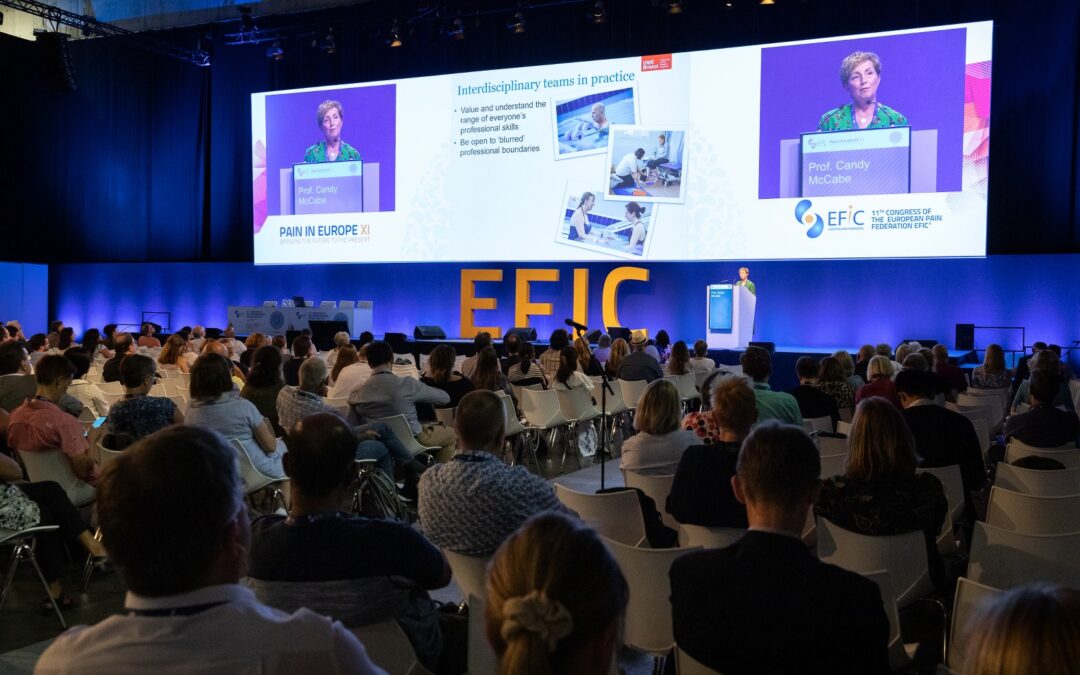“When in doubt, debate it out.” This is what the #EFIC2023 Scientific Programme Committee thought when they came up with a new workshop format for this year’s EFIC Congress – Pain in Europe XIII. The #EFIC2023 Debate Workshops are designed to facilitate discussion and debate on a topic for which there may be divergent views or where the novelty of the field invites hypothesis.
Find out more about the debate workshops below and be sure to join us at the largest international scientific congress in pain in 2023!
Chair: Michiel Reneman (Netherlands)
Work-related musculoskeletal pain, ergonomics and EU guidelines
Speaker: Sarah Copsey (Spain)
Is there a causal relationship between lifting and LBP?
Speaker: Michiel Reneman (Netherlands)
Diagnostic labelling as a gateway to quicker return-to-work
Speaker: Morten Hoegh (Denmark)
Speaker: Thomas Graven-Nielsen (Denmark)
Translational pain research: new approaches in mice and men to enhance personalized pain management
Speaker: Esther Pogatzki-Zahn (Germany)
The (uncertain) prospect of improving analgesic drug development and optimizing pain treatments using human biomarkers of nociception
Understanding chronic pain: opportunities and challenges of the translation from human experimental to clinical research and back
Chair: Michael Mansfield (United Kingdom)
Speakers: Jan Vollert (United Kingdom), Kristian Kjær-Staal Petersen (Denmark), Dilara Kersebaum (Germany), Kirsty Bannister (United Kingdom), Francesca Fardo (Denmark)
Chair: Indre Bileviciute-Ljungar (Sweden)
Results of multimodal internet-based rehabilitation for post-COVID-19 condition after mild infection
Speaker: Indre Bileviciute-Ljungar (Sweden)
Clinical characteristics of pain after SARS-CoV-2 infection
Is medication before SARS-CoV-2 infection one of the risk factors for persistent symptoms, including chronic pain?
Speaker: Dovile Vazgeliene (Lithuania)
International Delphi Process and Results: Engagement and Recommended COS
Speaker: Giulia Bova (United States)
Results from a Systematic Literature Review of COS Initiatives for Pain
Perspectives on the Implications of the Delphi Results for Persons with Lived Experience
Speaker: Kate Nicholson (United States)
Introduction/Rationale for creating overarching COS for Pain

In the last decade, research into therapeutic use of psychedelics has led to a large leap forward for the field. For post-traumatic stress especially, but also for depression, landmark studies have shown the potential of psychedelic-assisted therapy. The use of psychedelics for pain therapy is now being discussed. Here, we will discuss the current state of research, future potential, and risks associated with psychedelic-assisted pain therapy by being objective, scientific based and patient-centered.







